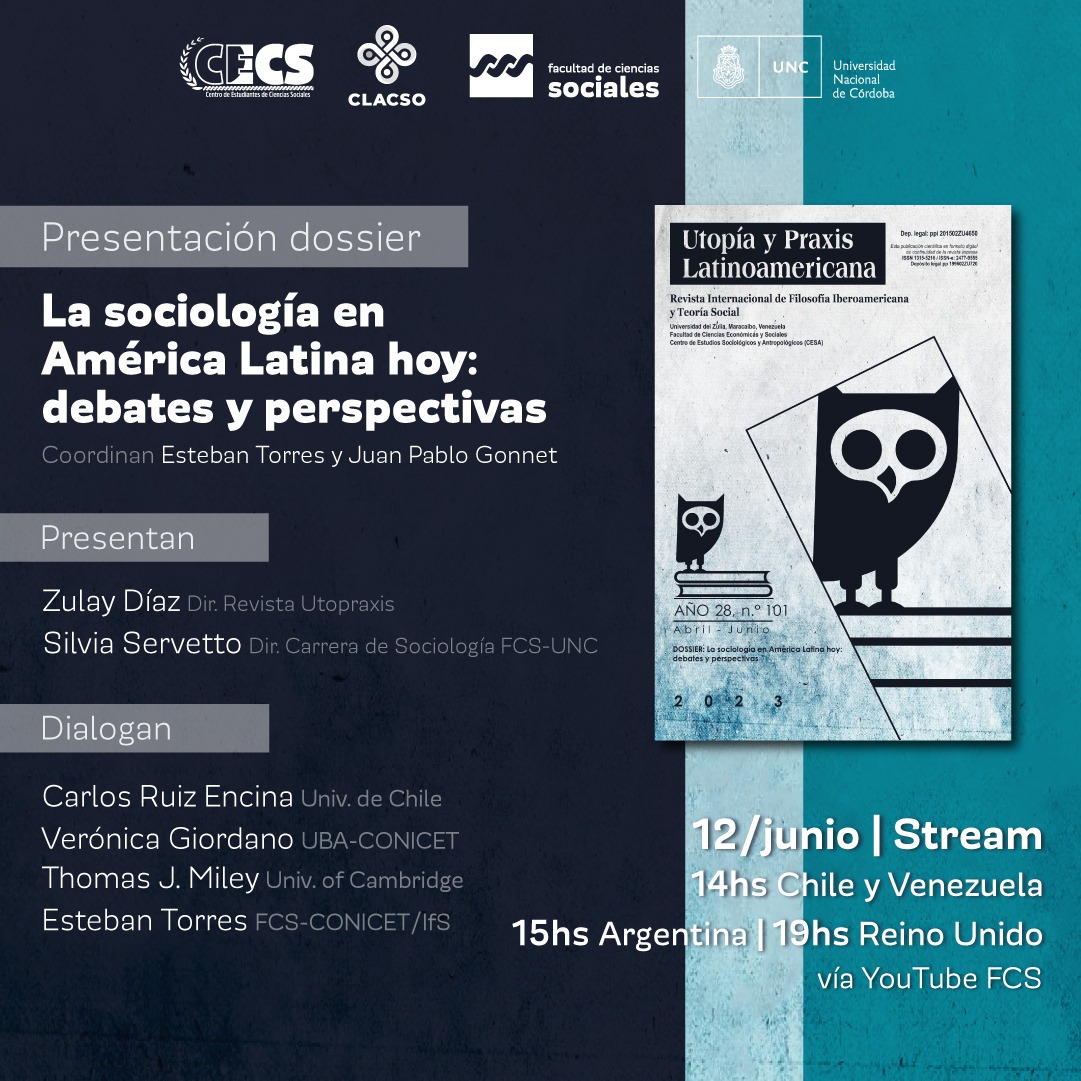The Role of Information and Informational and Communication Technologies in Modern Society. / El papel de la información y las tecnologías de la información y la comunicación en la sociedad moderna
Resumen
ABSTRACT
The article presents the results of a study that determines the role of informational, communication and computer technologies in the development of modern society. The problems of the influence of informational, communication and computer technologies are considered in the framework of three theoretical and methodological approaches: technocratic, information and informational technology recognizes as a means of optimizing production and increasing labor productivity; humanistic, information is considered as one of the resources that have a positive impact on the development of all spheres of life; techno-pessimistic, information, informational and computer technologies are consider as weapons directed against humanity.
RESUMEN
El artículo presenta los resultados de un estudio que determina el papel de las tecnologías de la información, la comunicación y las tegnologías de computador en el desarrollo de la sociedad moderna. Los problemas de la influencia de las tecnologías de la información, la comunicación y la computación se consideran en el marco de tres enfoques teóricos y metodológicos: la tecnología tecnocrática, la información y la tecnología de la información se reconoce como un medio para la capacidad de producción y el aumento de la pelea laboral; humanista, la información es considerada como uno de los recursos que tienen un impacto positivo en el desarrollo de todas las esferas de la vida; las tecnologías tecno-pesimistas, informáticas son consideradas como armas dirigidas contra la humanidad.
Citas
Badarch, D. (2014). Informatization of education: a view of UNESCO, Higher Education in Russia. 10: pp. 113-118.
Dvoretskii, S.I. (2003). Formation of project culture, Higher Education in Russia. 4: pp. 15-22.
Igonina, L.A. (2015). Case-technology in the teaching of economic disciplines, Advances in Modern Natural Science. 8: pp. 82-86.
Mormuzheva, N.V. (2013). Motivation of Teaching Students in Professional Institutions, in: Pedagogy: traditions and innovations, pp. 160-163, Dva Komsomoltsa, Chelyabinsk.
Ostapchuk, E.G. (2017). Application of interactive teaching methods in the disciplines "Pricing and Estimates in Construction" and "Branch Economics", in: Problems of engineering and socio-economic education in a technical university in the conditions of modernization of higher education, pp. 109-112, IUT, Tyumen.
Pak, V.V. (2016). Project method as a way to form generalized design skills by students at engineering universities, Pedagogical Education in Russia. 1: pp. 68-74.
Platonova, Т.Е. (2012). Information technologies in education and research: Problems and prospects, in: New information technologies in education, pp. 248-251, Russian State Vocational Pedagogical University, Ekaterinburg.
Polat, E.S., Bukharkina, M.Yu., Moiseeva, M.V., Petrov, A.E. (2008). New pedagogical and information technologies in the education system. Academiya, Moscow.
Shcherbakova, E.N. (2017). Directions of Increasing students' motivation, in: Problems of engineering and socio-economic education in a technical university in the conditions of modernization of higher education, pp. 47-51, IUT, Tyumen.
Telnov, P.N. (2015). Using case studies in the teaching of economic disciplines, in: Economics of Russian organizations: Problems and solutions, pp. 18-27, Moscow Financial-Industrial University "Synergy", Moscow.












